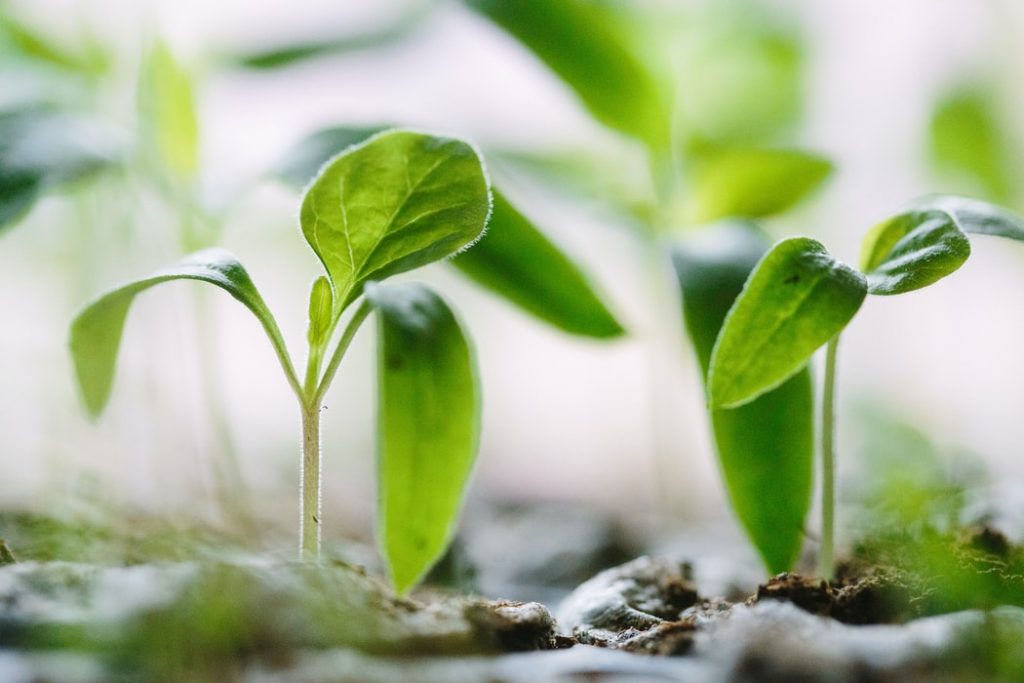Salford Conversations are interactive sessions for University of Salford colleagues, which give participants an opportunity to meet, discuss things that matter to them, create new connections, and learn from each other. They take place 3-4 times a year, with each session focusing on a different topic.

In March we took part in the “Salford Conversations Go Green” event, inspired by the Go Green Salford series. The session focused on the topics of climate science, becoming a low carbon institution, and the role of individuals in driving change. Drawing from the changes and experiences we’ve all gone through in the past year, the participants discussed their newly formed behaviours and habits, and actions they’d like to take to support our university’s efforts to achieve the low carbon aims.
The event opened with presentations from three speakers:
- Bec Bennett from our team (Head of Environmental Sustainability) spoke about the University’s low carbon goal, our progress so far, and the next steps.
- Dr Rosie Anthony (Lecturer in Climate Change & Sustainability at SEE) explained the science behind climate change and the impact of individual climate action.
- Nourhan Heysham (Researcher on the IGNITION Project) told us about the science of Nature Based Solutions and her team’s work on the living walls, rain garden and the sustainable drainage system which have recently been installed on our Peel Park campus.
The presentations were followed by a facilitated discussion, during which the participants had a chance to share ideas and reflections. The conversations focused on how our new ways of working could help reduce carbon footprint, and what challenges we might face in achieving this. The following questions were discussed:
- What one word describes how you’re feeling about the climate crisis?
- What one main lifestyle change have you already made to reduce your carbon footprint? What might you do next?
- What could the university do practically to help you be more sustainable or to support more sustainable behaviours? e.g. travel, procurement, energy use, catering
- What behaviours and working practices would you like to keep from this pandemic? How much does low carbon/sustainability factor in your preferences?
- If you were to make all of your decisions through the lens of climate change, how would you make a start on that?
Here are the main themes and ideas which emerged, as noted by the organizers and our team:
Things that people want to see more of within our university:
- Reduction in overall consumption (of everything)
- Solar panels and renewable energy – use the space we have differently
- An increase in plant based food options
- Look at which companies the university buys things from; is our supply chain sustainable?
- More active walking and cycling, reduction in flying
- Improved cycling infrastructure on campus – more bike parking spaces,
- Electric vehicle in the University’s fleet
- Reduce energy consumption in buildings
- Less commuting and more homeworking
- Grow-our-own gardens to supply the kitchens and/or individuals
- Flexible ways of working and online meetings, leading to less commuting
Agreement that we need to:
- Normalise sustainable practice and make it easy
- Lead change locally and internally; with colleagues and students
- Encourage individuals to reduce their carbon footprint and undertake actions such as green volunteering
- Influence or sponsor improvements across Greater Manchester, e.g. wider cycling infrastructure
- Elevate this sustainable conversation with more urgency and strategic importance in the university; need to reflect the urgency in the climate crises
Practical ideas people have already implemented at home:
- Reduced or stopped eating red meat to positively impact on methane production
- Switched dairy for plant-based milks
- Using local shops and choosing sustainably packaged foods
- Using baby clothes from friends and passing them on
- Not eating imported fruits out of season, e.g. strawberries in January
- Turning heating down and wearing more clothes whilst home-working
- Less driving, more cycling and walking
If you missed this edition of Salford Conversations, don’t worry. Have a look at these internal resources:
- Here you can watch the speakers’ presentations.
- Here you can access the accompanying reading list, prepared by the Library Team
- And if you’d like to get involved with environmental sustainability at the University of Salford, please complete this form.
Photo credit: Unsplash